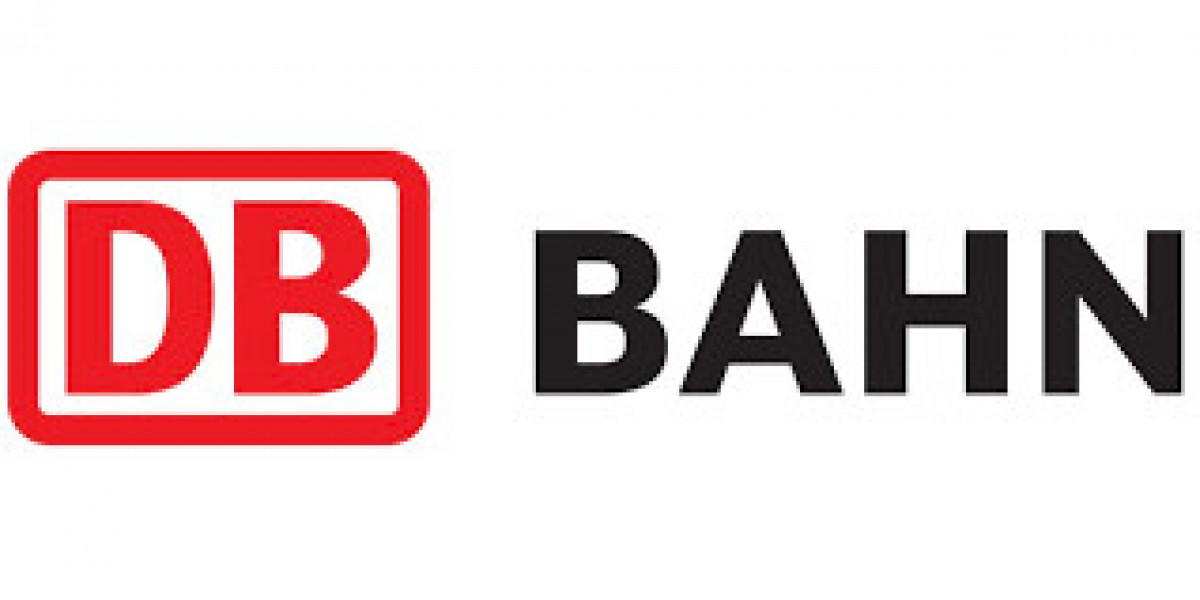Deutsche Bahn (DB) is one of the largest and most well-known railway companies in the world, with a rich history that spans over a century. Headquartered in Berlin, Germany, DB has transformed from a national railway operator into an international powerhouse that plays a vital role in global transport. With a focus on sustainability, innovation, and efficiency, Deutsche Bahn’s network of locations extends far beyond Germany, contributing to the development of regional economies and the movement of people and goods across borders.
This article provides an in-depth look at Deutsche Bahn’s locations and how the company’s global network supports transportation, economic integration, and technological advancements in the rail industry.
1. The Global Reach of Deutsche Bahn
While Deutsche Bahn is headquartered in Germany, its presence stretches across Europe and beyond, showcasing its importance as an international transport operator. The company not only manages one of the world’s largest rail networks but also operates significant rail services in multiple countries. Deutsche Bahn's strategic expansion into global markets underscores its ambition to lead the transport and logistics sector.
a. Germany: The Heart of Deutsche Bahn
As the birthplace and core of Deutsche Bahn’s operations, Germany is home to an extensive rail network, encompassing high-speed intercity trains, regional commuter services, freight logistics, and suburban transportation. Major cities such as Berlin, Frankfurt, Munich, and Hamburg are key locations within DB’s vast network, connecting millions of passengers daily. Germany’s commitment to sustainable transport is reflected in DB's investment in eco-friendly rail technologies and infrastructure improvements.
Deutsche Bahn operates several types of train services in Germany, including the well-known InterCity (IC) and high-speed InterCityExpress (ICE) trains. These services connect major cities, offering comfortable and efficient travel options for domestic and international travelers. Additionally, the S-Bahn (suburban trains) and regional services provide crucial connections for commuters and those traveling between smaller towns and cities.
b. Expansion Across Europe
Beyond Germany, Deutsche Bahn has successfully expanded its operations across Europe, with a strong presence in countries such as Austria, Switzerland, the Netherlands, the UK, France, Denmark, and Poland. Its European locations provide efficient cross-border transportation services that link Germany with neighboring countries, improving connectivity within the European Union.
In countries like Austria and Switzerland, Deutsche Bahn operates trains under the brand "ÖBB" (Austrian Federal Railways) and "SBB" (Swiss Federal Railways) in collaboration with local rail operators, offering seamless travel for passengers across national borders. Additionally, DB operates high-speed rail services such as the ICE to France and the Netherlands, enhancing its footprint in Western Europe.
In the United Kingdom, Deutsche Bahn owns the operating company "Arriva," which provides regional and commuter services across the country. Arriva is an important part of DB's strategy to penetrate the UK market and expand its influence in Europe. Similarly, DB operates freight transport and logistics services in the Netherlands and Poland, facilitating the movement of goods and supporting regional economic growth.
c. Expanding into Asia and the Americas
In addition to its European dominance, Deutsche Bahn has made significant strides in international markets outside of Europe. In recent years, DB has expanded its operations in Asia and North America, providing innovative solutions for high-speed rail, freight, and urban mobility.
In China, Deutsche Bahn partners with local organizations to support the development of high-speed rail networks and advanced railway technologies. The collaboration leverages DB’s expertise in rail operations and management to improve connectivity and reduce environmental impact across China’s growing transportation infrastructure.
In North America, DB has invested in freight operations through its subsidiary, DB Schenker, a global leader in logistics services. The company is responsible for freight operations throughout the United States, Canada, and Mexico, offering reliable rail transport and supply chain solutions to a range of industries.
2. Key Locations in Deutsche Bahn’s Network
Deutsche Bahn operates in several key locations worldwide, each serving as a hub for the company's transport, logistics, and technological operations. These locations are strategically positioned to facilitate the smooth flow of goods and passengers across borders.
a. Berlin: The Global Headquarters
As the capital of Germany and the location of Deutsche Bahn’s headquarters, Berlin plays a central role in the company’s operations. The city is home to DB’s administrative offices, as well as its research and development facilities. The Berlin Central Station (Hauptbahnhof) is also a major transportation hub, connecting high-speed trains, regional services, and international rail routes.
Berlin serves as the headquarters for DB’s strategic decision-making and innovation, with a focus on sustainability, digitalization, and customer experience. The city is also a key location for Deutsche Bahn’s development of new rail technologies, including the integration of green energy sources and advanced train management systems.
b. Frankfurt: A Financial and Logistics Hub
Frankfurt, often referred to as the financial capital of Germany, is another crucial location for Deutsche Bahn. Located centrally within Germany, Frankfurt serves as a key node for domestic and international rail traffic. The city’s Frankfurt Hauptbahnhof (main station) is one of the busiest rail stations in Europe, handling millions of passengers each year.
Frankfurt is also home to DB Schenker’s logistics headquarters, supporting freight operations across Europe and globally. The city’s proximity to major European transportation corridors makes it an ideal location for Deutsche Bahn’s logistics division, which provides freight services across land, air, and sea.
c. Munich: A Hub for Innovation and Technology
Munich, a city known for its high-tech industries, is another critical location for Deutsche Bahn. Munich is home to DB’s research and development center, where the company focuses on creating new technologies for high-speed trains, smart ticketing, and digital services for passengers. The city is also an important transit hub, with Munich Hauptbahnhof providing a gateway to both regional and international rail services.
In Munich, Deutsche Bahn is developing innovative solutions to enhance the passenger experience, including intelligent station systems and electric trains designed to minimize environmental impact. The city’s emphasis on technology and sustainability aligns with DB’s commitment to building the future of rail transportation.
d. Hamburg: Maritime and Freight Operations
Hamburg, one of Germany’s largest port cities, plays a critical role in Deutsche Bahn’s freight and logistics operations. As a major center for international trade, Hamburg is a key location for DB’s global shipping and logistics operations, particularly through its subsidiary DB Schenker.
The port of Hamburg is a crucial gateway for freight transportation between Germany and the rest of Europe, making it an essential part of DB’s freight network. The city’s infrastructure supports the seamless movement of goods by combining rail, sea, and road transport, ensuring that DB’s logistics division can meet the growing demand for global supply chain solutions.
3. The Future of Deutsche Bahn’s Global Locations
Looking forward, Deutsche Bahn continues to expand its network of locations to support its vision of becoming the leading global player in sustainable transportation. The company is heavily investing in green technologies, digital solutions, and smart infrastructure to improve efficiency and reduce its carbon footprint.
Deutsche Bahn’s global network of locations plays a key role in its efforts to support smart cities, build sustainable transportation systems, and foster international collaboration. By expanding its presence in emerging markets, DB aims to increase rail travel’s share of global transportation while promoting environmental sustainability and innovation.
https://www.globaldata.com/company-profile/deutsche-bahn-ag/locations/
Conclusion: Deutsche Bahn’s Impact on Global Connectivity
Deutsche Bahn’s extensive network of locations across Germany, Europe, Asia, and North America showcases its critical role in connecting people, goods, and economies. As the company continues to expand and innovate, its locations will remain central to achieving its mission of providing efficient, sustainable, and high-quality transportation solutions. By leveraging its global footprint, Deutsche Bahn is poised to meet the challenges of the future while contributing to the ongoing development of the global transport infrastructure.







